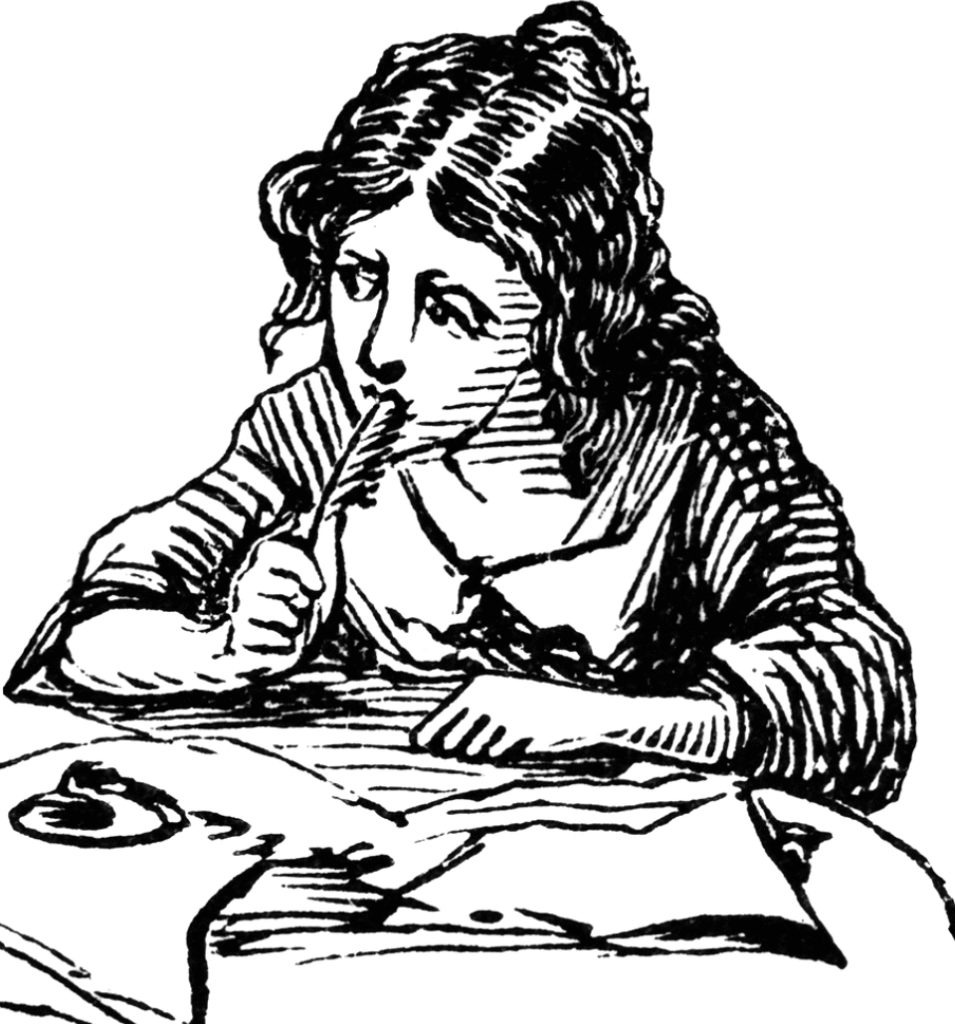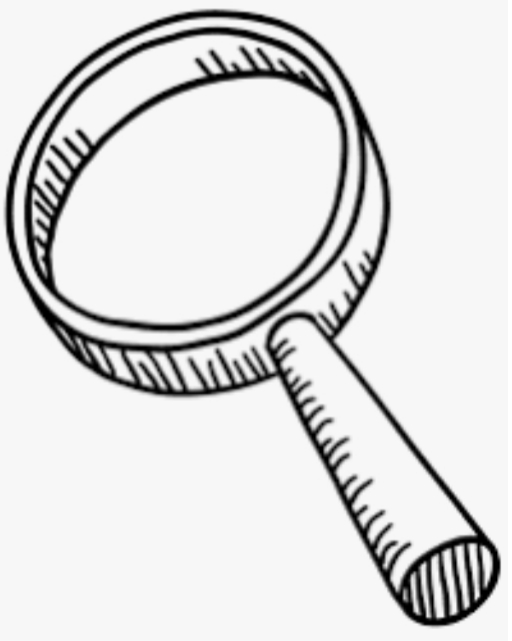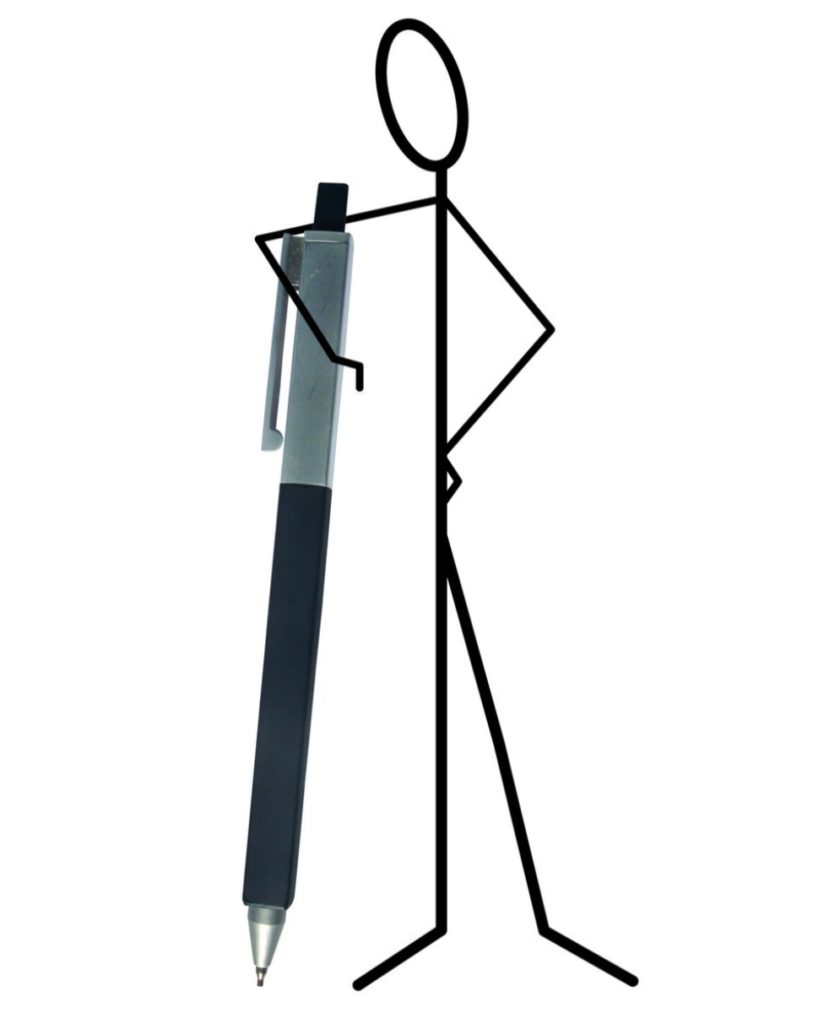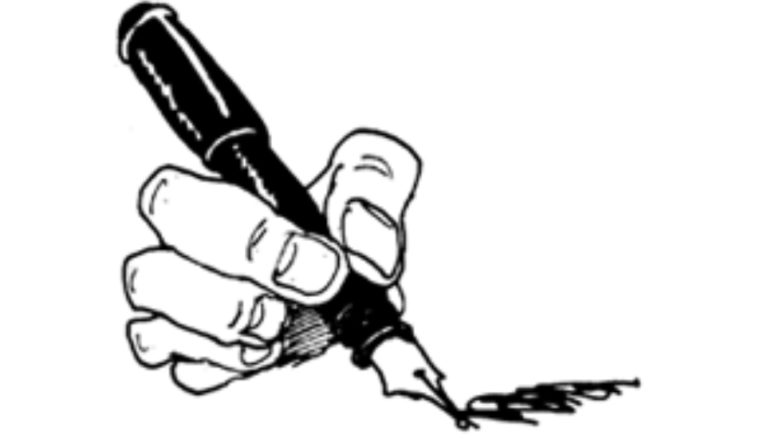Writing skills you will find are essential to your success as a writer. How you write and what you write will either draw your reader in or push them away.
What Are Writing Skills?
Communication and clarity are key if you want to be taken seriously as a writer let alone write a book. With that said, your writing skills need to be a top priority on your to-do list. As with anything else in life, your first impression will be your most important, so it is important to lock down some basics if you want to make it in this field.
If your reader spots grammatical, spelling, and or punctuation errors, it is sure to have a negative impact and a very poor first impression on you as an author. The last thing you want your reader to do is to doubt your credibility, so the very first thing you want to lock down and improve on is your writing skills…. period.

Writing Ideas And Essential Writing Skills Needed For Every Author
The great thing about becoming a writer is that you do not have to be born with the skills needed to succeed. Nor do you have to be an Ivy League scholar to make it in this business. But you will need to practice and take time to brush up on your grammatical imperfections and come up with some great writing ideas; otherwise known as writing prompts.
Writing ideas may come to you from everyday experiences, or maybe you may need to think hard on what your topic of choice will be. The latter will require you to brainstorm and create an outline and jot down a list of writing ideas to get you started. There are some very important skills that you will need to either acquire or dust off that will determine your validity as a book writer. Let’s take a look so that you can get the ball rolling!
Title Capitalization, Comprehension Of Spelling, Grammar, And Punctuation
Title capitalization, comprehension of spelling, grammar, and punctuation, this sounds like a lot but it is placed at number one on my list because it is essential that you as the writer understand the rules of writing. Granted, there are many, but not impossible to learn. Using these writing skills correctly will put you into the fast lane with your audience who will have formed a positive opinion of you based on not only your work but also the presentation of your work.
Title Capitalization
Title capitalization is one of the most sought after rules of grammar. When to capitalize? What to capitalize? Where to capitalize? These are understandably some of the most common, basic questions that many have when it comes to the rules of capitalization and title capitalization. As an up and coming author, content writer, or whatever it is that you choose to do in this field, the one thing you want to make sure is that your titles and headers are grammatically correct when it comes to title capitalization.
With anything, having a sense of style is what sets us apart from the rest. Luckily, there are several styles to choose from when it comes to title capitalization. Four to be exact with a set of rules for each. However; there is a common set of rules that each type of style share, so before we move on to the different styles of title capitalization, let’s look at the similarities that each style will share:
- For each style, the first word of the title and the last word will be capitalized.
- All parts of speech, i.e., nouns, pronouns, verbs, adverbs, adjectives, and subordinating conjunctions will be capitalized.
- Words not capitalized are the three articles; a, an, & the unless it is the first word of the title. Also, coordinating conjunctions (for, and, nor, but, or, yet, so) and prepositions (to, at, by, about... just to name a few) shall not be capitalized, unless they are the first word of the title. Before we move on to the four different styles of title capitalization, let’s take a look at an example of a title and its correct capitalization:
- The Little Boy and the Red Boat
As you can see from the bold words, the rules of title capitalization have been followed. The is the first word; is capitalized. Little, is the adjective that modifies the noun “Boy” is also capitalized and Red, also being the adjective that modifies the noun “Boat”, as well as the last word of the sentence, is also capitalized.
So now let’s move on to the four different styles of title capitalization.
- Chicago Manual of Style: This is the most common style of title capitalization. With this style, all of the above-shared rules apply as well as noting that the word “to”, which is an infinitive, should always be lowercase. Example: I Want to Play Basketball.
- APA Style and MLA Style: Both of these styles are basically the same in regards to title capitalization. With this style of writing, the first word of the heading or title as well as the subheading or subtitle along with any nouns, verbs, adverbs, pronouns adjectives, and any other major words should be capitalized. Hyphenated words such as good-hearted and any words containing four or more letters should also be capitalized. The difference comes in the format and layout of each style of capitalization which is used primarily in reports and academic essays. An example of this is, in the MLA style the author-page format is used and in the APA style, the author-date format is used. Another example in each style’s difference is page numbering.
- AP Style: In this style, the primary rule of the first and last word to be capitalized applies, also any words containing three or more letters will be capitalized. Nouns, pronouns, adjectives, verbs, adverbs, and subordinating conjunctions will also be capitalized and the word to, which is an infinitive shall not be capitalized. Example: I Want to Play Basketball.
Communication is key and the only way your readers will know what you are trying to communicate is for you to communicate your thoughts effectively. Fortunately, there are loopholes in this and exceptions in many cases exist that “poor” grammar can trump “precise” grammar.
Let’s take for example you have a character that may be politically incorrect when it comes to speech. This character speaks with more of a slang speech pattern than a more proper speech pattern. It is your prerogative to take advantage of this anomaly, but it is important to set your reader up to know that this is written intentionally.
Simply put, it is very important to introduce your characters clearly and as colorful as possible. As far as spelling and grammar, we will cover that throughout the articles of this website, but first, let’s go over some basic examples of punctuations and how and when to use them.

Punctuation
In the English language, there are 14 different punctuation marks that help shape sentences and also help to convey to the reader what the writer is wanting to express. Let’s take a look at these symbols and what they represent:
- Period .
- Question Mark ?
- Exclamation Point !
- Comma ,
- Semicolon ;
- Colon :
- Dash –
- Hyphen –
- Parentheses ()
- Brackets []
- Braces {}
- Apostrophe ‘
- Quotation Marks ” ” or ‘ ‘
- Ellipsis …
Now that you know the 14 different punctuation marks press play below to go further into how and when to use these very necessary symbols.
Communication Through Story Writing Using Your Writing Skills
Your story writing skills and how you communicate through your writing will get better over time and with practice. Think about your favorite book. Now imagine if you were unsure of a certain character’s role. Imagine if the book ended without a clear understanding of what happened, or what if the build-up only let you down in the end?
Learning how to write can be exhausting but the ability to communicate through story writing can be a challenge all in itself, but practice makes perfect! Think of a job interview that you may have had. Write like you are applying for that perfect position. Communicate through your writings the same way you would express your ideas or thoughts to a potential employer. Don’t be afraid to use your emotions, that is what is going to pull your readers in.
Observation

Writing does not only require attention to detail as far as grammar is concerned but it also requires attention to people and the world that surrounds you. Being a writer requires many skills as well as the ability to play many roles, some that you may already possess such as an investigator, a powerful observer, a listener, and even a therapeutist; let me explain.
When you bring a character to life, you want to be able to become one with that character, get inside their head and to do this, you need to be in tune with people and real situations. Your reader needs to feel a connection to the story that you are wanting to tell so you must be observant of what makes people tick and that requires you to listen to what is around you.
I will say this again, sometimes everyday experiences make the best stories, so observation is key in your journey as a writer.
Develop Your Personal Writing Style
Your writing style will set you apart from all others in this field. Book writers, just like any other person has their own sense of style so don’t be afraid to show it. A school teacher may have a specific order in which they decide to go about their daily curriculum. A janitor may rather use terrycloth towels versus paper towels when cleaning windows. Lastly, a musician may find that working early in the morning is more relaxing and effective than working late at night.
Having a sense of style is showing your uniqueness, something that sets you apart from the rest. Writing is no different and there is nothing wrong with showing your individuality in your work.
Knowing how to write is one thing, but being able to test those limits and walk the thin line of what is correct and what is not to keep your reader on the edge of their seat is another. Remember, your reader wants to be involved, they want to feel entranced. They want to go outside the norm so be vivid, be limitless, be yourself.
Your reader picked your book because they were drawn to you and your work for a reason, so show them who you are and why you are unique. Don’t determine your writing future on what or how someone else writes.
Be Courageous; Show Off Your Writing Skills

Be fearless and don’t be afraid to make mistakes or even have a few failures under your belt before it’s all said and done. As a new writer, your writing skills will not be the best, this will improve over time. Becoming a writer is not going to be an easy journey and I will be the first to admit that but if this is what you want to do then I can also say that it is definitely possible and success will come!
Anyone can learn how to publish a book or how to write a story but it will take courage and disciple to make those things pay off. You want your books to sell not just sit on the stands with a pretty cover. Write from your heart and do not be afraid of rejection, that is the only way you will get better at your craft. Listen to what your audience is telling you and go at it again. As with anything in life, practice makes perfect so practice and then practice some more!

Now that we have touched on some very important writing skills needed on your journey to becoming a successful writer, let’s talk about the different types of writing styles and what they are. You may already know what genre you are interested in, but knowing and understanding your specific category is equally as important.


